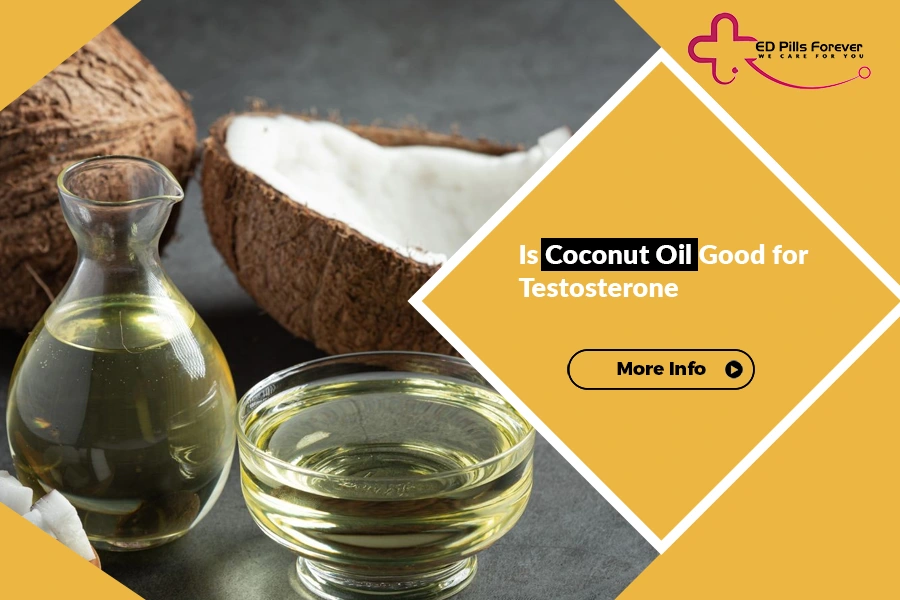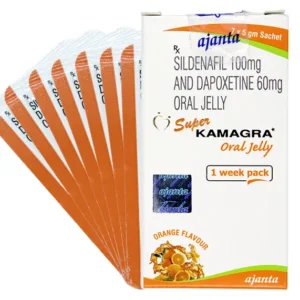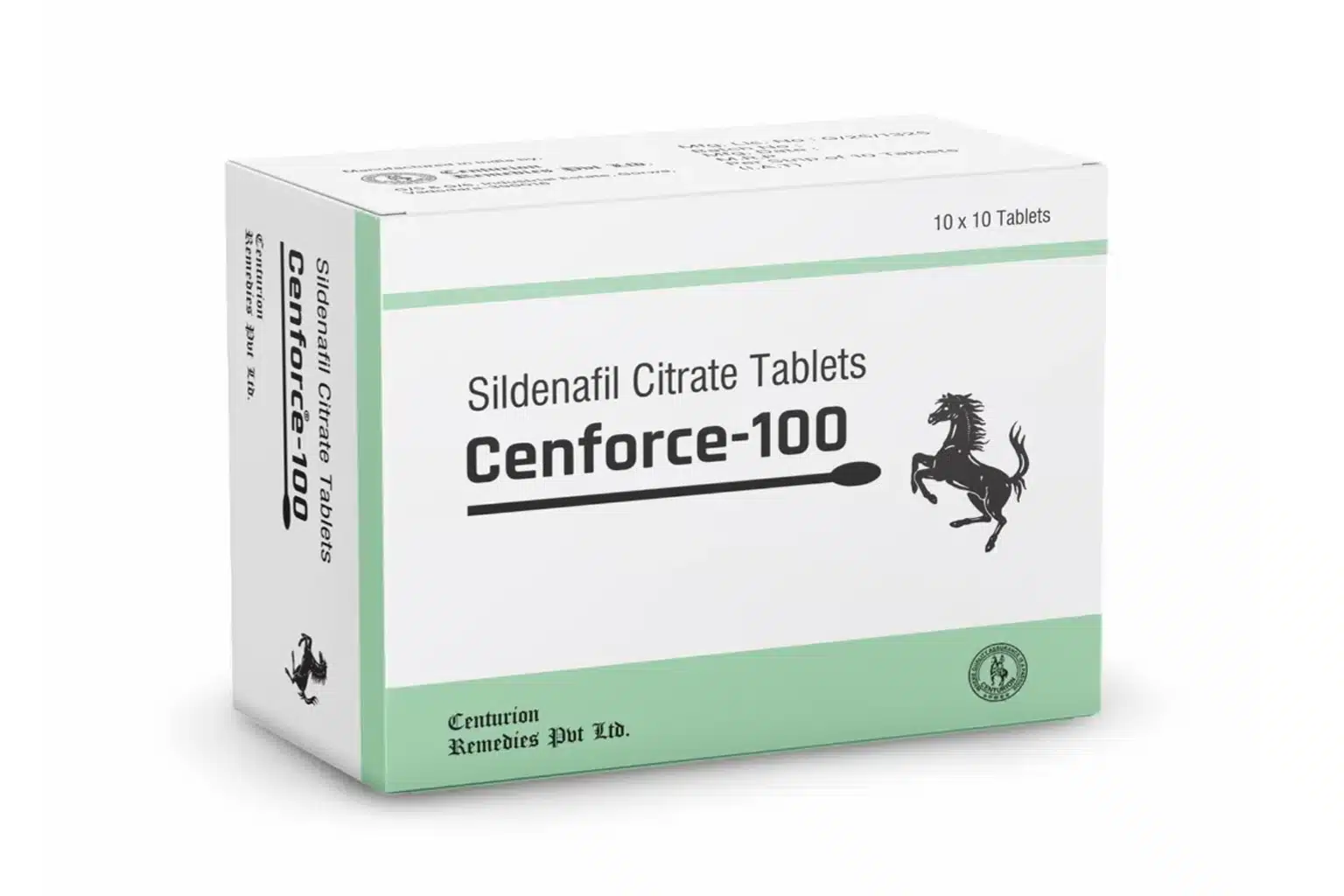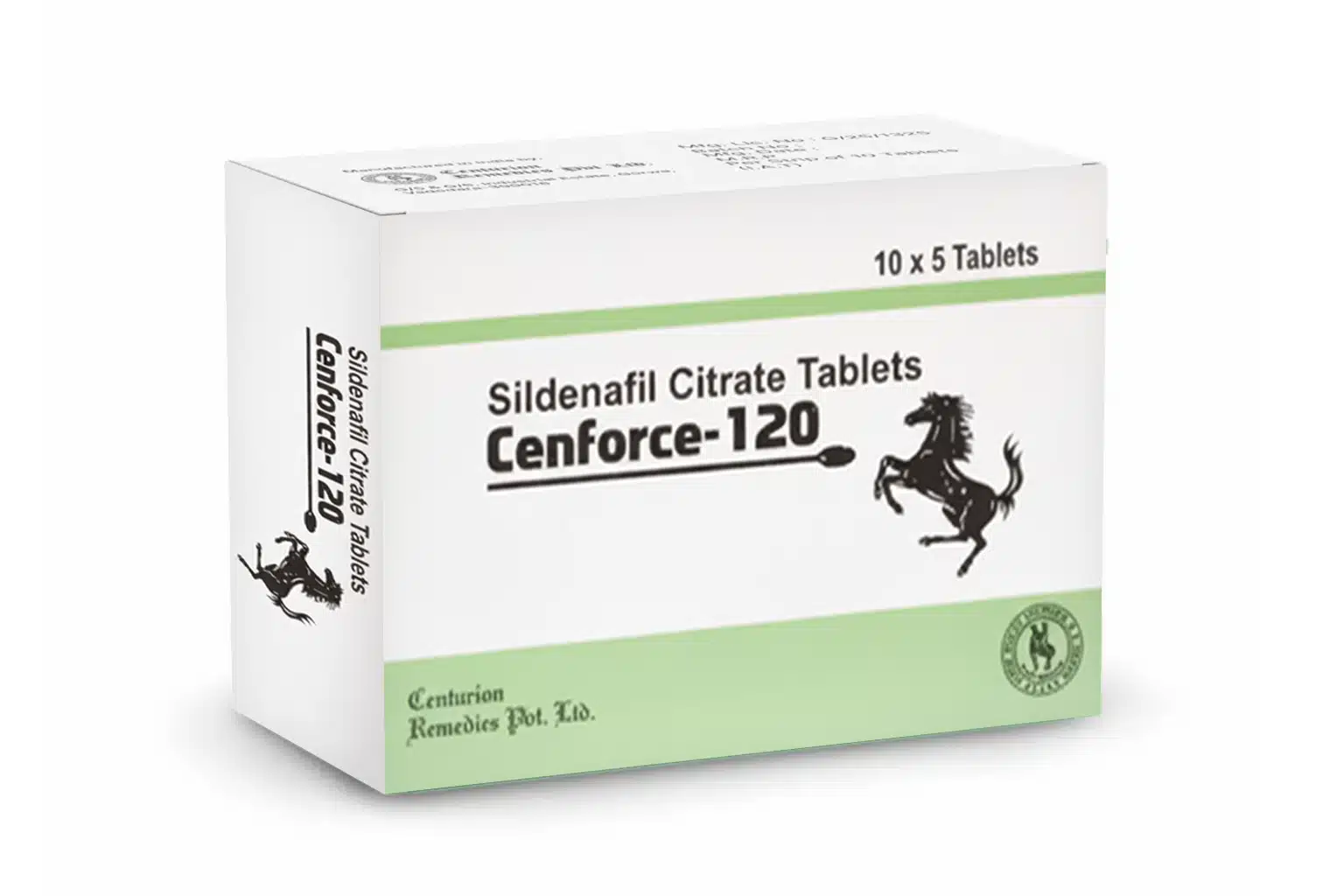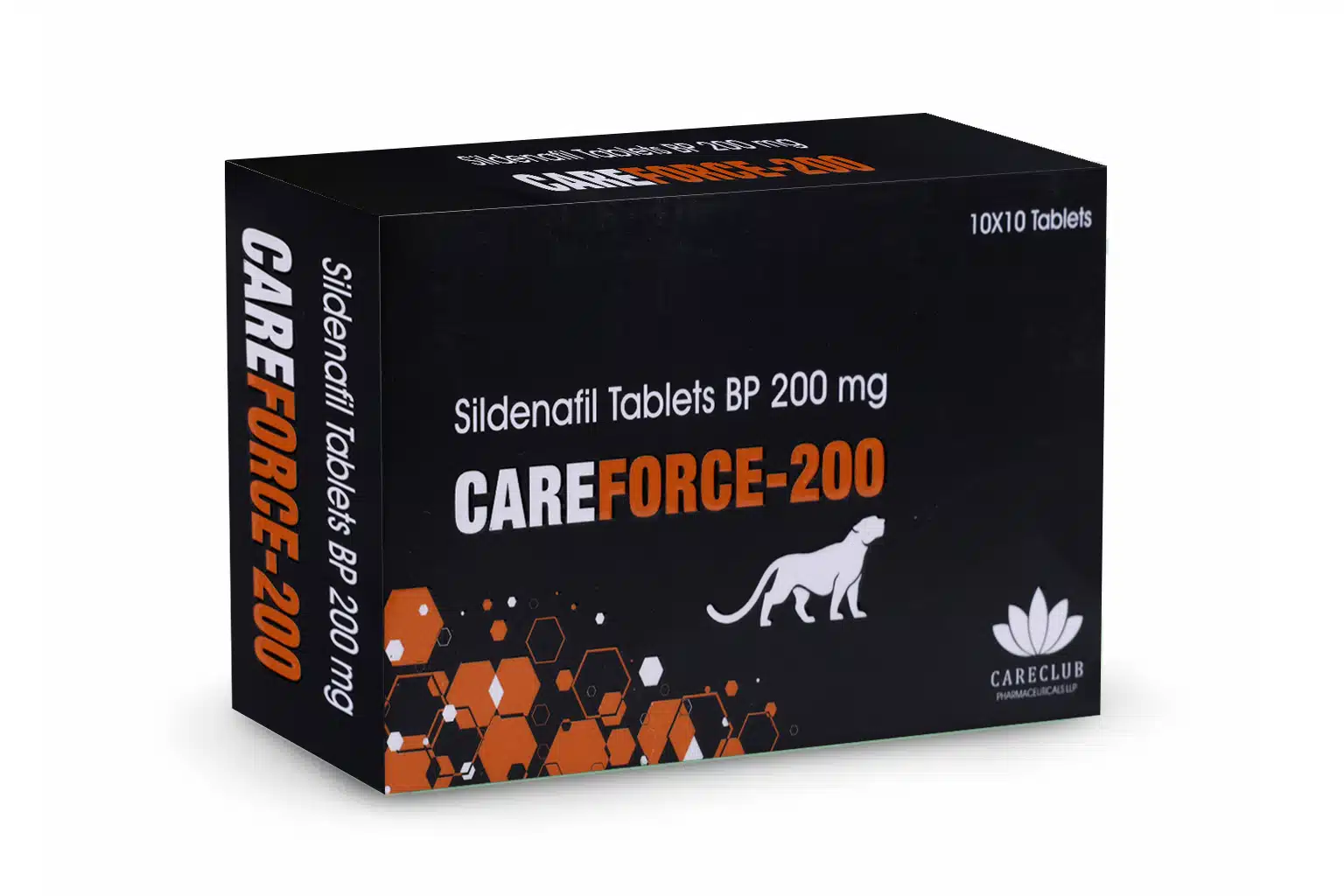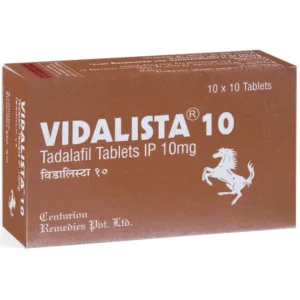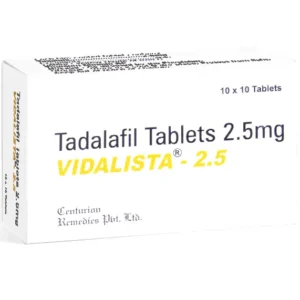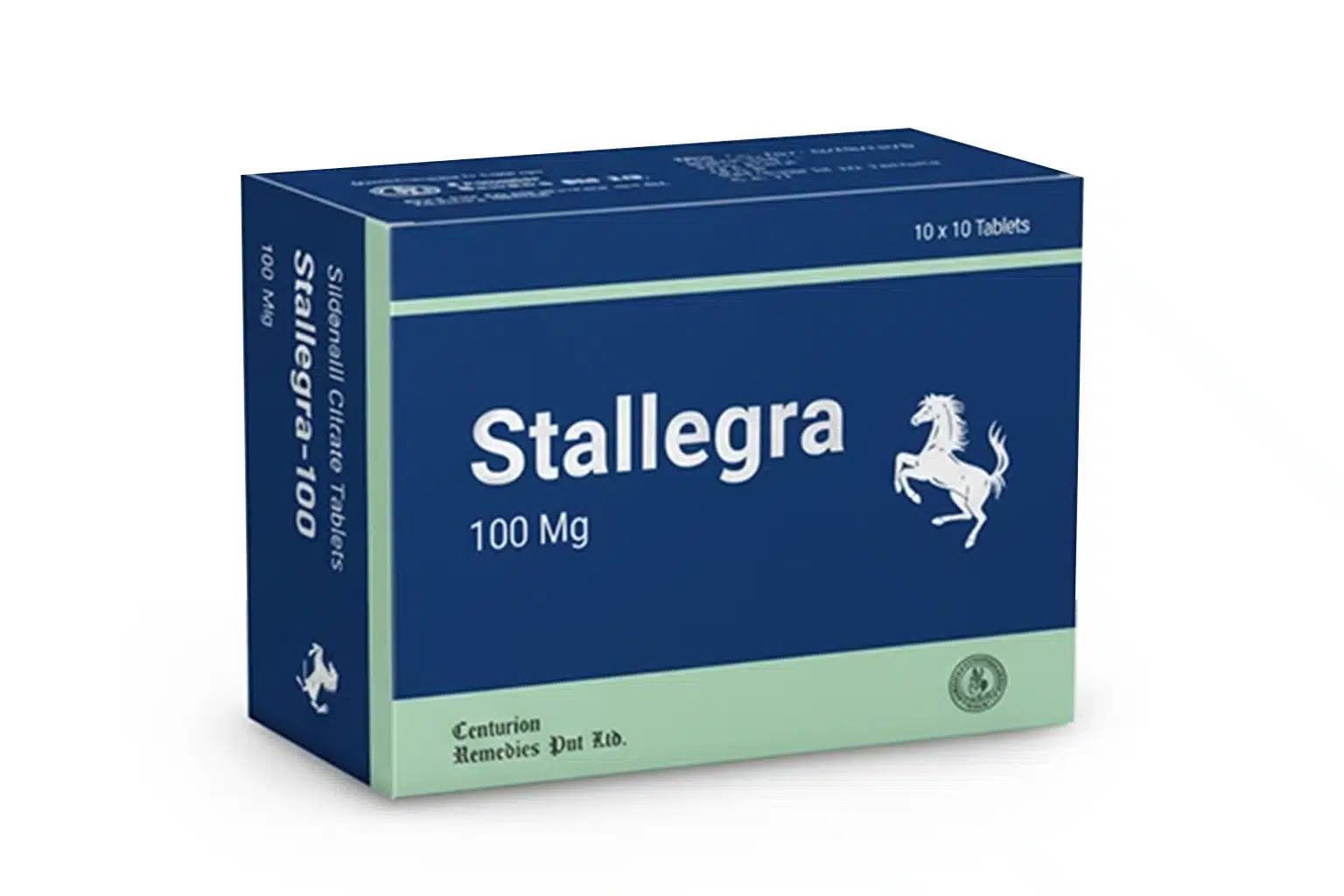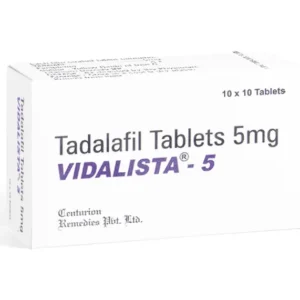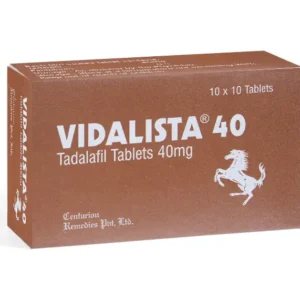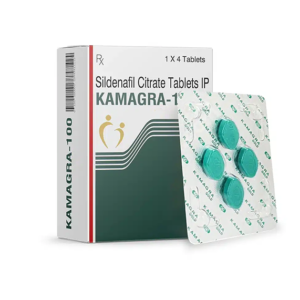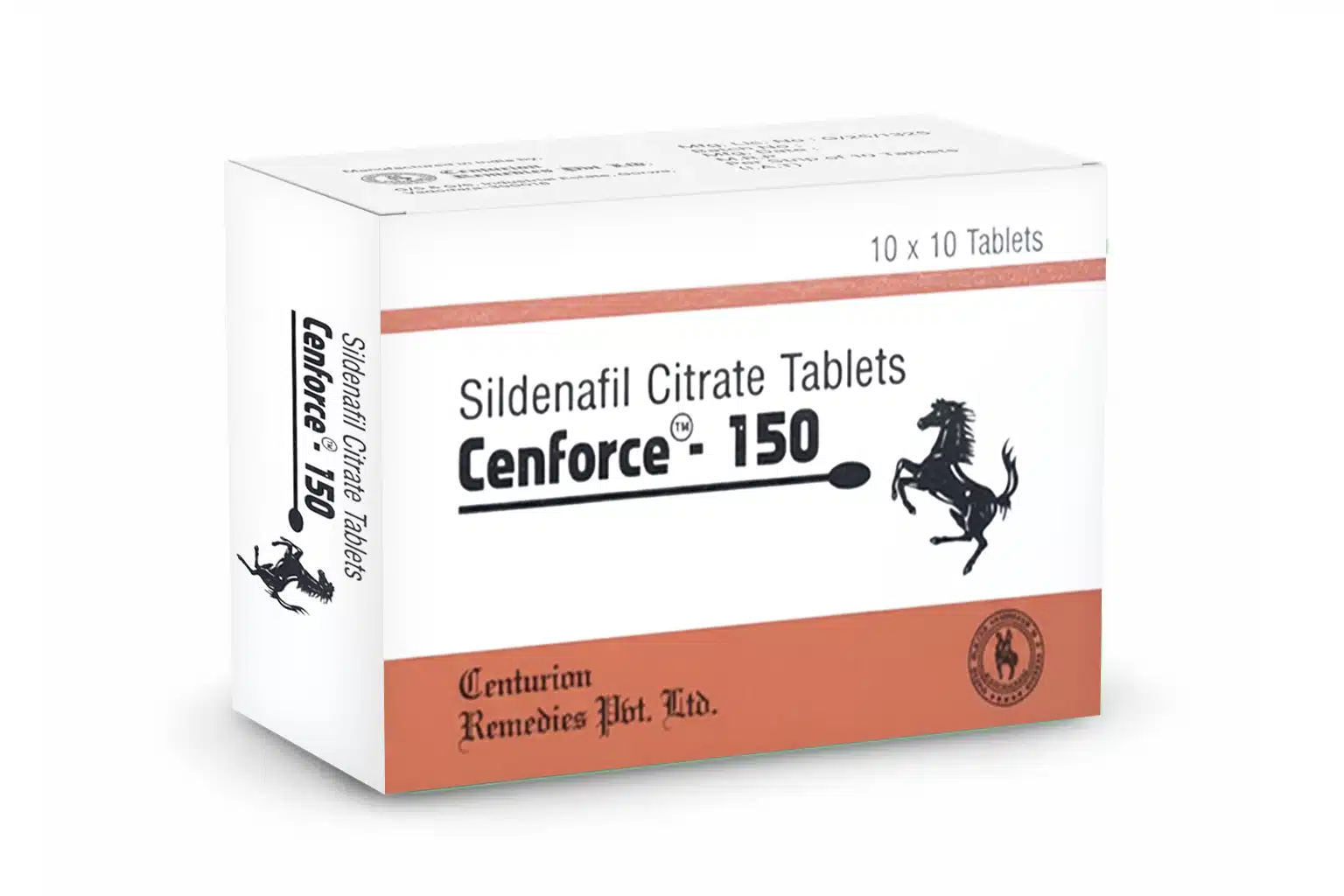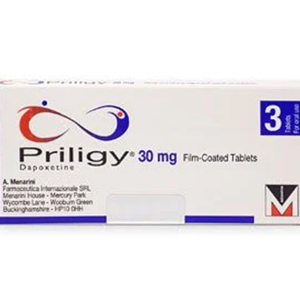Is Coconut Oil Good for Testosterone?
Coconut oil keeps popping up in headlines, recipe blogs, and TikTok wellness reels — touted as everything from a kitchen staple to a miracle elixir. One recurring claim is that coconut oil can raise testosterone and even help with erectile dysfunction (ED). But how much of that is marketing noise, and how much is science? This deep dive looks at what coconut oil is, the biological plausibility for effects on testosterone and erectile function, what the research says, and practical, evidence-based guidance you can use today.
Quick answer
Coconut oil contains saturated fats that theoretically could influence hormone production, but high-quality human evidence that coconut oil reliably raises testosterone or treats erectile dysfunction is limited and inconsistent. It’s not a substitute for proven lifestyle measures or medical care. Use it as part of a balanced diet if you like the taste and cooking properties, but don’t expect it to be a magic testosterone booster or an ED cure.
How is testosterone made?
Testosterone is the primary male sex hormone (also present in females at lower levels) produced mainly in the testes in men and in smaller amounts by the ovaries and adrenal glands in women. Production depends on:
Signals from the brain (the hypothalamus and pituitary — LH and FSH).
Cholesterol is the raw material — steroid hormones are synthesized from cholesterol.
Healthy testicular tissue and adequate overall metabolic health.
Because cholesterol is the precursor to testosterone, dietary fats and lipid metabolism can affect hormone synthesis in theory. But the pathway is regulated, complex, and influenced by many factors (age, weight, sleep, exercise, illness, medications).
What’s in coconut oil, and why do people think it might affect hormones
Coconut oil is predominantly saturated fat — but unlike long-chain saturated fats in animal fats, a sizeable portion of coconut oil is made up of medium-chain triglycerides (MCTs), especially lauric acid. MCTs are absorbed and metabolized differently from long-chain fats: they’re transported to the liver and used more readily for energy.
Why does that matter for hormones?
Cholesterol and certain fatty acids are building blocks or modulators of steroid hormone production.
Some observational and animal studies suggest dietary fat composition can influence sex hormones.
Saturated fat intake has been associated with higher testosterone in a few epidemiological studies, but the association ≠ , causation and human RCT data are limited.
So, there’s a plausible biochemical pathway — but plausibility alone doesn’t prove a clinically meaningful effect.
What the research actually shows
Animal and small human studies
Several animal studies (rats, mice) have reported changes in testosterone levels after feeding coconut oil or MCTs. Animal physiology is different from humans, and doses are often much higher relative to body weight.
Small human trials that examine MCTs or saturated fat intake have produced mixed results. Some older epidemiological work linked higher saturated fat intake with higher testosterone, but modern dietary patterns and confounders make this difficult to interpret.
There are no large, high-quality randomized controlled trials (RCTs) proving that coconut oil supplementation raises testosterone to a clinically meaningful degree or improves erectile function.
Erectile dysfunction and coconut oil
ED is a complex condition with vascular, neurological, hormonal, psychological, and medication-related causes.
The idea that coconut oil could help ED usually rests on two chains of thought: (1) improving testosterone might improve libido and erectile function in hypogonadal men; (2) MCTs or certain fats might improve endothelial function or lipid profiles and thereby benefit vascular health.
Again, direct human evidence that coconut oil improves ED is lacking. For men with ED due to low testosterone, medical testosterone replacement like TRT or ED medications (Vidalista 2.5 mg) only after appropriate testing and monitoring. It is a recognized therapy, but coconut oil is not a replacement for medical treatment.
Benefits and harms
Potential benefits
Cooking and flavor: Coconut oil is stable at moderate cooking temperatures and many people like its flavor.
Satiety and energy: MCTs are sometimes used to increase satiety and as a quick energy source.
Possible small hormone effects: In some contexts, dietary fat can influence hormones; coconut oil’s saturated fat content is theoretically relevant.
Potential harms and cautions
High in calories: Like all fats, coconut oil is calorie-dense (about 9 kcal/g). Overuse can lead to weight gain, and excess weight is a major risk factor for lower testosterone.
Saturated fat content: Coconut oil is high in saturated fat. Although the exact cardiovascular risk from coconut oil is still debated, many health authorities recommend limiting saturated fat intake. Unfavorable lipid changes can increase cardiovascular risk, and cardiovascular disease is a major risk factor for ED.
False expectations: Relying on coconut oil instead of proven lifestyle changes or medical evaluation could delay diagnosis and treatment of underlying conditions causing low testosterone or ED.
Best Seller
Best Seller
Practical, evidence-based recommendations
If you’re curious about using coconut oil to support testosterone or sexual health, here’s a realistic approach:
Focus on proven lifestyle measures first
Lose excess weight if overweight (modest weight loss often raises testosterone).
Improve sleep (7–9 hours); poor sleep reduces testosterone.
Strength training and high-intensity interval training (HIIT) elevate testosterone acutely and support long-term metabolic health.
Reduce excessive alcohol, quit smoking, and manage stress.
Use coconut oil sensibly
Treat coconut oil as an occasional cooking oil or flavoring, not a therapeutic supplement.
Keep portion sizes small — a teaspoon to a tablespoon in cooking or dressings — and account for the calories.
Rotate oils: olive oil (monounsaturated), avocado oil, and small amounts of coconut oil can all fit a varied diet.
If you have symptoms
Low libido, erectile difficulties, fatigue, and reduced muscle mass may be signs of low testosterone — get a medical evaluation (morning testosterone blood test, clinical assessment).
For ED, see a clinician; many treatable causes exist (vascular disease, diabetes, medication side effects, psychological causes, hormonal deficits).
Don’t self-prescribe based on trending claims
Coconut oil shows no reliable evidence as a clinical testosterone therapy or ED cure. If testosterone replacement is indicated, it should be prescribed and monitored by a healthcare professional.
How you might test whether coconut oil is helping you
If you want to experiment safely:
Track baseline metrics: weight, waist circumference, libido, morning erections frequency, energy levels.
Get a baseline morning total testosterone test (and consider measuring free testosterone or SHBG if advised by your clinician).
Add a modest, consistent amount of coconut oil to your diet (e.g., 1 tablespoon per day) while keeping calories steady.
After 8–12 weeks, reassess symptoms and repeat testosterone testing if symptoms persist or to evaluate a change.
If you notice weight gain, worsened lipids, or no symptom improvement, stop the experiment and consult your clinician.
Other proven methods to support healthy testosterone and erectile function
Weight loss in overweight men: even 5–10% weight loss can improve testosterone and sexual function.
Resistance training: regular strength training helps maintain and raise testosterone over time.
Sleep: prioritize consistent, restorative sleep.
Healthy diet: Mediterranean-style diets are associated with better metabolic and sexual health.
Limit alcohol: excessive drinking lowers testosterone.
Control chronic disease: manage diabetes, hypertension, and high cholesterol.
Medication review: consult a doctor about drugs that can lower testosterone (some opioids, steroids, certain antidepressants).
Bottom line
Coconut oil has interesting biochemical features and a place in cuisine, but current human evidence does not support the claim that coconut oil is a reliable or effective therapy to raise testosterone or cure erectile dysfunction. If you’re worried about low testosterone or ED, start with a proper medical evaluation and prioritize proven lifestyle strategies: weight management, exercise, sleep, and medical care when indicated. If you enjoy coconut oil, use it in moderation as part of a balanced, nutrient-dense diet — but don’t treat it as a medical treatment.
FAQs
Q: Does coconut oil raise testosterone quickly?
A: No reliable evidence supports a quick or clinically meaningful rise in testosterone from coconut oil. Any small changes are more likely to be seen as part of larger dietary or lifestyle shifts.
Q: Can coconut oil help with erectile dysfunction?
A: There’s no strong human evidence that coconut oil improves ED. ED has many causes; treating the underlying cause (vascular disease, low testosterone, diabetes, psychological issues) is the proven route.
Q: Is coconut oil better than olive oil for hormone health?
A: Not necessarily. Olive oil has stronger evidence for cardiovascular benefits and is recommended in many guidelines. Cardiovascular health and hormonal health are linked — so a heart-healthy oil like extra virgin olive oil is usually a better long-term choice.
Q: How much coconut oil is safe to take daily?
A: If used, keep amounts modest (1 tablespoon or less daily) and account for calories. People with high LDL cholesterol should be cautious and check their lipid levels with their clinician.
Q: Are MCT oil supplements better than coconut oil?
A: MCT oil concentrates medium-chain triglycerides and may provide metabolic benefits like easier oxidation for energy, but evidence for hormone effects is limited. MCT oil is also calorie-dense and should be used cautiously.
Q: Should I stop using coconut oil if I have low testosterone?
A: Not necessarily — but don’t rely on it as treatment. Focus on comprehensive evaluation and evidence-based interventions. Discuss diet and supplement use with your doctor if you have low testosterone or ED.
References and further reading
Found that men on low-fat diets had significantly lower total testosterone, free testosterone, urinary testosterone, and DHT compared to higher-fat diets. PubMed
“Low-fat diets appear to decrease testosterone levels in men, but further randomised controlled trials are needed.” PubMed
Observational study: Saturated fat (SFA) intake was associated with slightly higher serum total testosterone and SHBG when replacing energy from protein. PubMed Central
Rats treated with virgin coconut oil had significantly higher serum testosterone compared to the alcohol-only group (but this is in an experimental, toxic-injury context). ResearchGate

